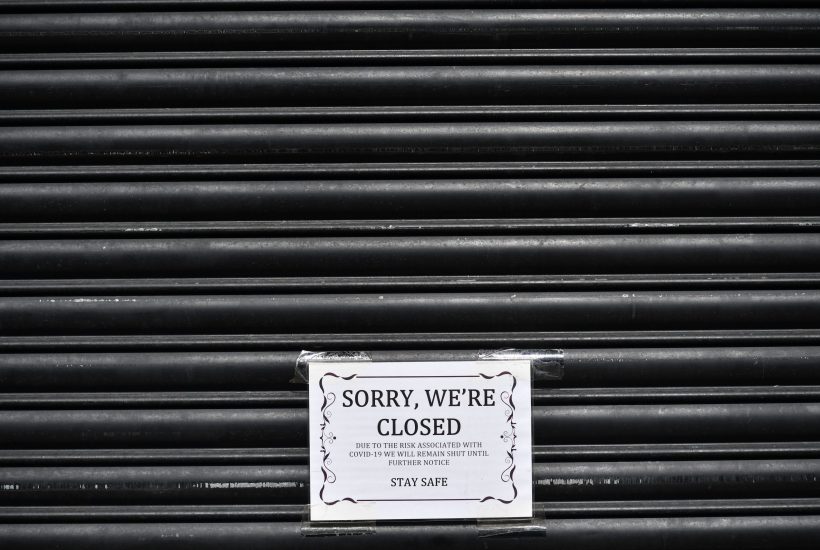We do not know what the long-term impact of coronavirus will be on mental health. We are still not through the pandemic, for one thing, which means that many people who have found the experience of lockdown, of losing their livelihood, or of losing loved ones traumatic, have not yet had the chance to process what has happened.
People often don’t process a trauma until they feel safe again, and it’s not yet clear when that will be: we still don’t have an effective vaccine for Covid-19 and Britain’s economy is in recession, with heavy job losses on the way. It could be that in time there is an escalation of trauma-related mental illness linked to the wider social impact of coronavirus. Far from life returning to some kind of normality coming as a relief, it could be the start of a much darker time for many minds.
Then there are the direct effects of the virus itself on mental health. MPs on the all-party parliamentary group on coronavirus recently heard that one of the long-term effects of Covid is psychosis. There are also mental illnesses associated with time in intensive care, including ‘ICU psychosis’ which tends to involve short episodes of psychotic symptoms such as paranoia, hearing voices and agitation while in the unit, and then ‘post-intensive care syndrome’, which has a range of physical and mental symptoms including depression, anxiety and post-traumatic stress disorder. It’s not clear how prevalent any of these problems will be over the next few years as we emerge from the epidemic.
What we do know, though, is that mental health services aren’t ready for the rise in demand that they’ve already seen since lockdown. A sobering report from the NHS Confederation, which represents healthcare providers, warned on Wednesday that mental health problems are rising and have not yet peaked following lockdown – and that there is insufficient funding to cover that. It says:
The additional £2.3 billion of funding for mental health announced in 2019 to implement the NHS Long Term Plan was widely supported. But there are serious concerns this will no longer be enough to cover the increases in demand and costs that providers now face following the pandemic.
The NHS Confederation says there are anecdotal reports from providers that referrals are rising to above pre-Covid levels, that there is a higher proportion of patients accessing services for the first time and that patients are sicker and need more help.
The report also says some healthcare providers are expecting a 20 per cent increase across all services, but that their existing capacity will be greatly reduced – by up to 30 per cent – as a result of infection control and social distancing measures.
What will ministers do about this? Mental health has become a trendy topic in recent years, and this interest is finally being followed by some extra funding. But it is still too easy for politicians to take credit for giving what are insufficient resources to mental health. This report gives the government notice that things will need to change in the coming months. They may not have been able to predict the spread of coronavirus, but they are at least getting some advance warning of what could come next.
Got something to add? Join the discussion and comment below.
Get 10 issues for just $10
Subscribe to The Spectator Australia today for the next 10 magazine issues, plus full online access, for just $10.





















Comments
Don't miss out
Join the conversation with other Spectator Australia readers. Subscribe to leave a comment.
SUBSCRIBEAlready a subscriber? Log in